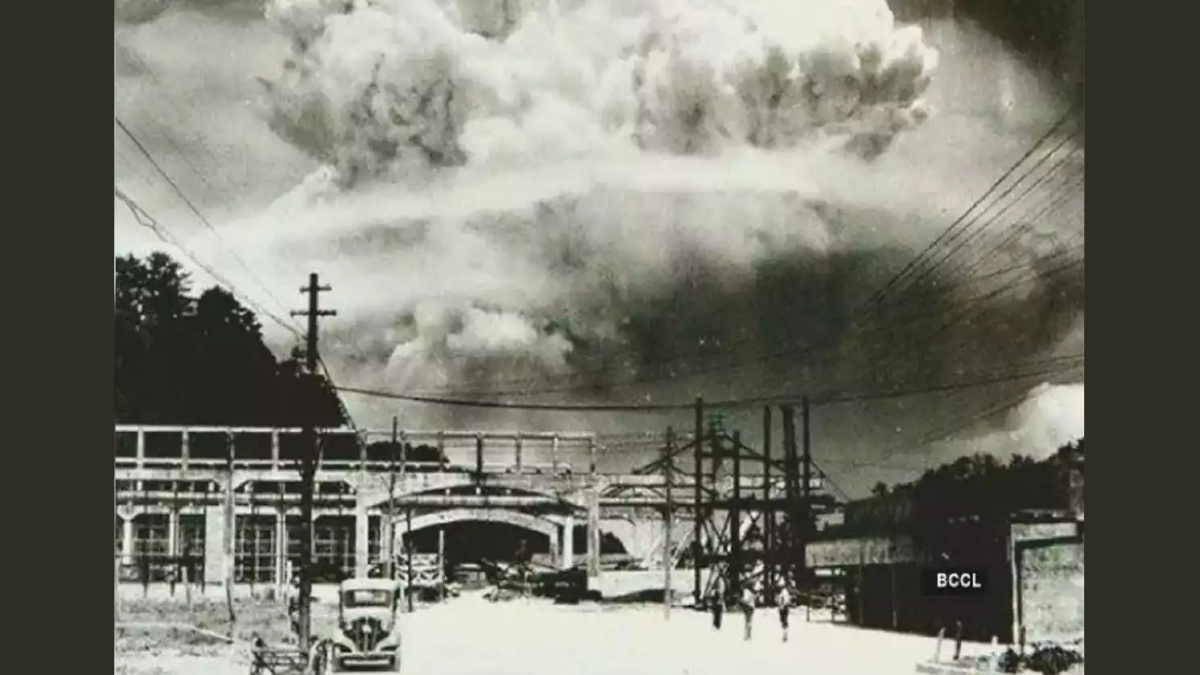Table of Contents
Nagasaki Day, observed on 9 August each year, commemorates the bombing of Nagasaki, Japan, during World War II. This day serves as a solemn reminder of the devastation caused by nuclear weapons and is part of a broader effort to promote peace and nuclear disarmament. Here’s a detailed overview of the significance and history of Nagasaki Day. Nagasaki Day is being commemorated across the globe to facilitate peace and create awareness about the risk of nuclear weapons. It is also known as Hiroshima Nagasaki Day, it plays a critical role as it concentrates on anti-war and anti-nuclear protests in many countries.
Nagasaki Day 2024 History
Atomic Bombings in World War II:
- Hiroshima and Nagasaki: On August 6, 1945, the United States dropped an atomic bomb on Hiroshima, Japan. Three days later, on 9 August, another atomic bomb was dropped on Nagasaki. These bombings played a significant role in Japan’s decision to surrender, leading to the end of World War II.
- Bomb Details: The bomb dropped on Nagasaki was named “Fat Man” and had a plutonium core. It caused immense destruction and loss of life.
Impact of the Bombing:
- Immediate Destruction: The bomb caused massive destruction in Nagasaki, flattening large parts of the city and killing an estimated 40,000 to 75,000 people immediately. Many more suffered from injuries and radiation-related illnesses in the aftermath.
- Long-Term Effects: Survivors, known as Hibakusha, endured long-term health effects, including radiation sickness, cancer, and other ailments. The city faced prolonged challenges related to recovery and reconstruction.
Significance of Nagasaki Day 2024
As Nagasaki reflects on its tragic history, the global call for a nuclear-free future reverberates. The anniversary serves as an unwavering reminder of humanity’s responsibility to safeguard peace and uphold a world without the specter of nuclear warfare. The day assumes significance as a platform for anti-war and anti-nuclear demonstrations across the world, underscoring the continuous drive to forestall the recurrence of such calamitous events. The day also promotes peace and reconciliation. By remembering the victims of the bombing and learning from history, we can strive to build a future free from the threat of nuclear weapons and ensure that the horrors of Nagasaki are never repeated.
Remembrance and Reflection:
- Honor Victims: Nagasaki Day is a time to remember and honor the victims of the bombing and the suffering they endured.
- Reflect on Peace: It serves as an occasion for reflection on the horrors of nuclear warfare and the need for global peace and reconciliation.
Advocacy for Nuclear Disarmament:
- Promote Peace: The day is used to promote the importance of nuclear disarmament and the need to prevent the use of nuclear weapons in the future.
- Support Treaties: Advocates often call for support for international treaties aimed at controlling and eliminating nuclear weapons.
Nagasaki Day 2024: Observance
Memorial Services:
- Ceremonies: Memorial services and ceremonies are held in Nagasaki and around the world. These include moments of silence, prayers, and speeches by survivors, officials, and peace activists
- Wreath Laying: Wreaths are often laid at memorials dedicated to the victims of the bombing.
Educational Events:
- Exhibitions: Museums and educational institutions may hold exhibitions and lectures about the atomic bombings and their impact.
- Workshops and Discussions: Events focused on peace education, nuclear disarmament, and global security are organized to raise awareness and foster dialogue.
Conclusion
Nagasaki Day is a poignant reminder of the consequences of nuclear warfare and serves as an important occasion for reflection, remembrance, and advocacy for a world free of nuclear weapons. Through commemorative activities and educational efforts, the day helps to ensure that the lessons of the past are not forgotten and that efforts toward global peace and disarmament continue.
Important Days in August 2024: Find More Important Days Here.




 GA Capsule for SBI Clerk Mains 2025, Dow...
GA Capsule for SBI Clerk Mains 2025, Dow...
 The Hindu Review October 2022: Download ...
The Hindu Review October 2022: Download ...
 SBI Clerk Prelims Result 2025 Out, Direc...
SBI Clerk Prelims Result 2025 Out, Direc...




